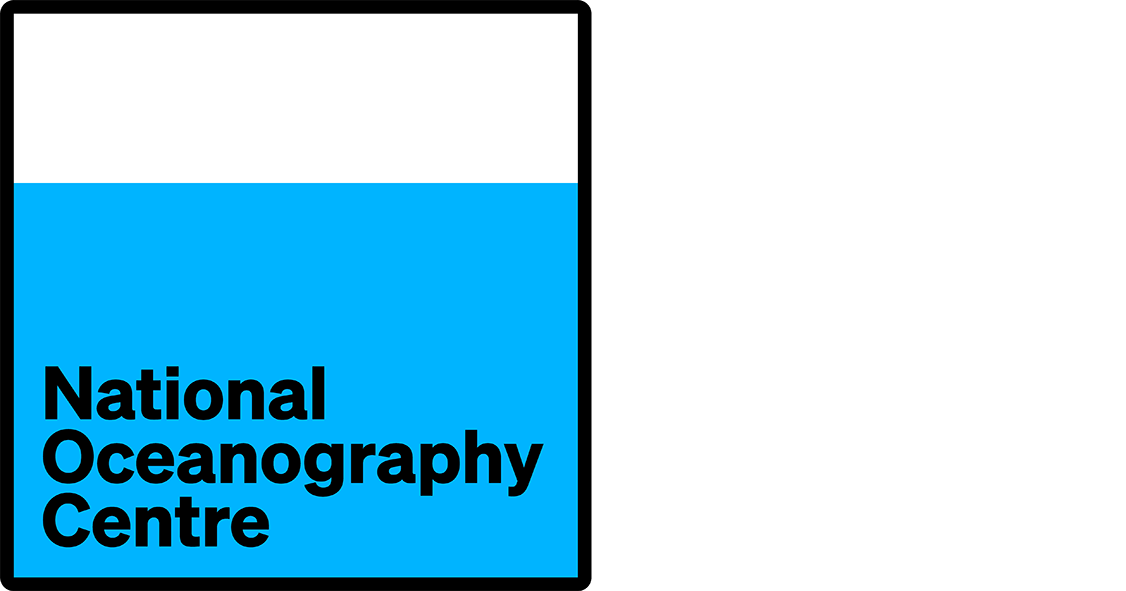- Resources
- Inventories
- EDMED
- Report
- 6710
Marine Ecosystems Research Programme (MERP), UK Coastal waters, 2014 onwards
Data set information
| Query EDMED |
| General | |
| Data holding centre | British Oceanographic Data Centre |
| Country | United Kingdom  |
| Time period | Data collected from 1st April 2014 onwards. |
| Ongoing | Yes |
| Geographical area | UK waters |
| Observations | |
| Parameters | Zooplankton wet weight biomass; Sediment grain size parameters; Primary production in the water column |
| Instruments | Plankton nets; pelagic trawl nets; sediment grabs; Ocean models; Physical oceanographic models; Biological and biogeochemical models |
| Description | |
| Summary | The Marine Ecosystems Research Programme (MERP) dataset consists of pelagic and benthic taxonomic data with supporting data such as sediment size and satellites ocean colour or productivity in UK waters (Celtic Sea, Irish Sea, North Sea and the English Channel). Data were obtained from cruises beginning in April 2014, using a variety of methods such as BONGO nets, trawls, dredges and grabs. These data were used alongside and in various models. MERP addresses key knowledge gaps in marine ecosystem research. The programme developed a more accurate suite of marine ecosystem models providing vital evidence, tools and advice to policy makers and environmental managers, including the development and implementation of the Marine Strategy Framework Directive (MSFD), the Marine and Coastal Access Act, Marine (Scotland) Act, Common Fisheries Policy and the OSPAR Joint Assessment and Monitoring Programme as well as the work of UK government departments. MERP research supports an ecosystem approach to policy, regulatory and management initiatives. MERP was formerly known as Integrating Macroecology and Modelling to Elucidate Regulation of Services from Ecosystems (IMMERSE) and the WP2 Developing a model based understanding of ecosystem service regulation grants. MERP was created when two grants were combined to make an overarching programme. The MERP consortium includes a blend of early and mid to late career researchers united by large-scale thinking and a multidisciplinary approach. The following partners were involved in the programme: Bangor University, Centre for Ecology and Hydrology, Centre for Environment, Fisheries and Aquaculture Science, National Oceanography Centre, Plymouth Marine Laboratory, Queen Mary University of London, Queens University Belfast, Scottish Association for Marine Science, Sir Alister Hardy Foundation for Ocean Science, University of Glasgow, University of Sheffield and the University of Strathclyde. |
| Originators | Bangor University School of Ocean Sciences Centre for Ecology & Hydrology (Edinburgh) Centre for Environment, Fisheries and Aquaculture Science, Lowestoft Laboratory National Oceanography Centre (Liverpool) Plymouth Marine Laboratory Queen Mary University of London School of Biological and Chemical Sciences Queen's University Belfast, School of Biological Sciences Scottish Association for Marine Science Sea Watch Foundation Sir Alister Hardy Foundation for Ocean Science University of Glasgow Institute of Biodiversity, Animal Health and Comparative Medicine University of Sheffield Department of Geography |
| Data web site | https://www.bodc.ac.uk/data/published_data_library/catalogue/10.5285/674d4224-7cc5-4080-e053-6c86abc0626e/ |
| Availability | |
| Organisation | British Oceanographic Data Centre |
| Availability | Licence |
| Contact | Polly Hadžiabdić (Head of the BODC Requests Team) |
| Address | British Oceanographic Data Centre |
| enquiries@bodc.ac.uk | |
| Administration | |
| Collating centre | British Oceanographic Data Centre |
| Local identifier | 1048MERP |
| Global identifier | 6710 |
| Last revised | 2021-04-21 |

